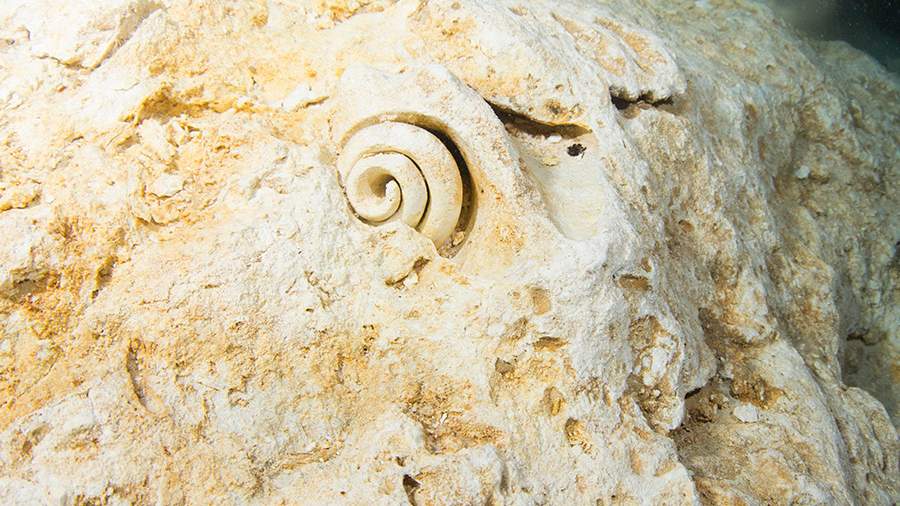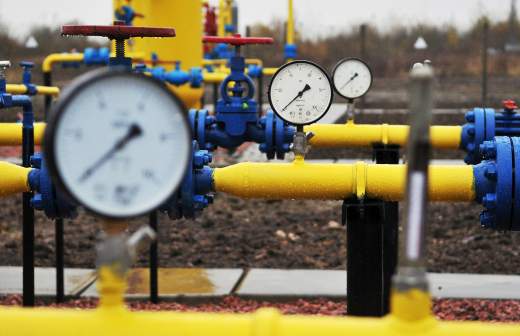Reuters reported on Norway's canceled deep-sea mining plans

Norway will not go ahead with plans for deep-sea mining. This was reported by Reuters on December 1, citing the center-left SV party.
"We are halting plans to open up mining at the bottom of the sea," said Kirsti Bergstow, leader of the green left-wing SV party.
Norway's hydrocarbon reserves made it one of the richest countries in the world. It was also leading the global race to mine metals from the ocean floor, which are in high demand as countries divest from fossil fuels.
Frode Plame, head of the Norway chapter of Greenpeace (an organization banned in Russia), said the decision was the "final nail in the coffin of a destructive industry" in the fight against deep-sea mining.
Earlier, on Nov. 1, Russia and Norway agreed on terms for fishing in the Barents and Norwegian Seas. Cod quotas are set at 340,000 tons, down 25 percent from 2023. This figure is the lowest since 1991.
Earlier, on September 17, the Norwegian Agency for Radiation and Nuclear Safety said that traces of radioactive isotope of cesium were found in the border area with Russia in the north of the country. It was specified that the origin of cesium-137 remains unknown, but the version that the radioactive isotope could have come from afar is not excluded. As noted by Nexta TV channel, before that isotopes of iodine-131 of artificial origin were detected in the air in Svanhovd and Vikshefjellet back in 2020.
Before that, on September 6, radioactive waste was found in the town of Sedlec in western Poland. It was specified that a total of 50 different radioactive sources were found. Several dozen firefighters worked at the site, as well as two specialized rescue teams, which are examining the samples received.
Переведено сервисом «Яндекс Переводчик»

